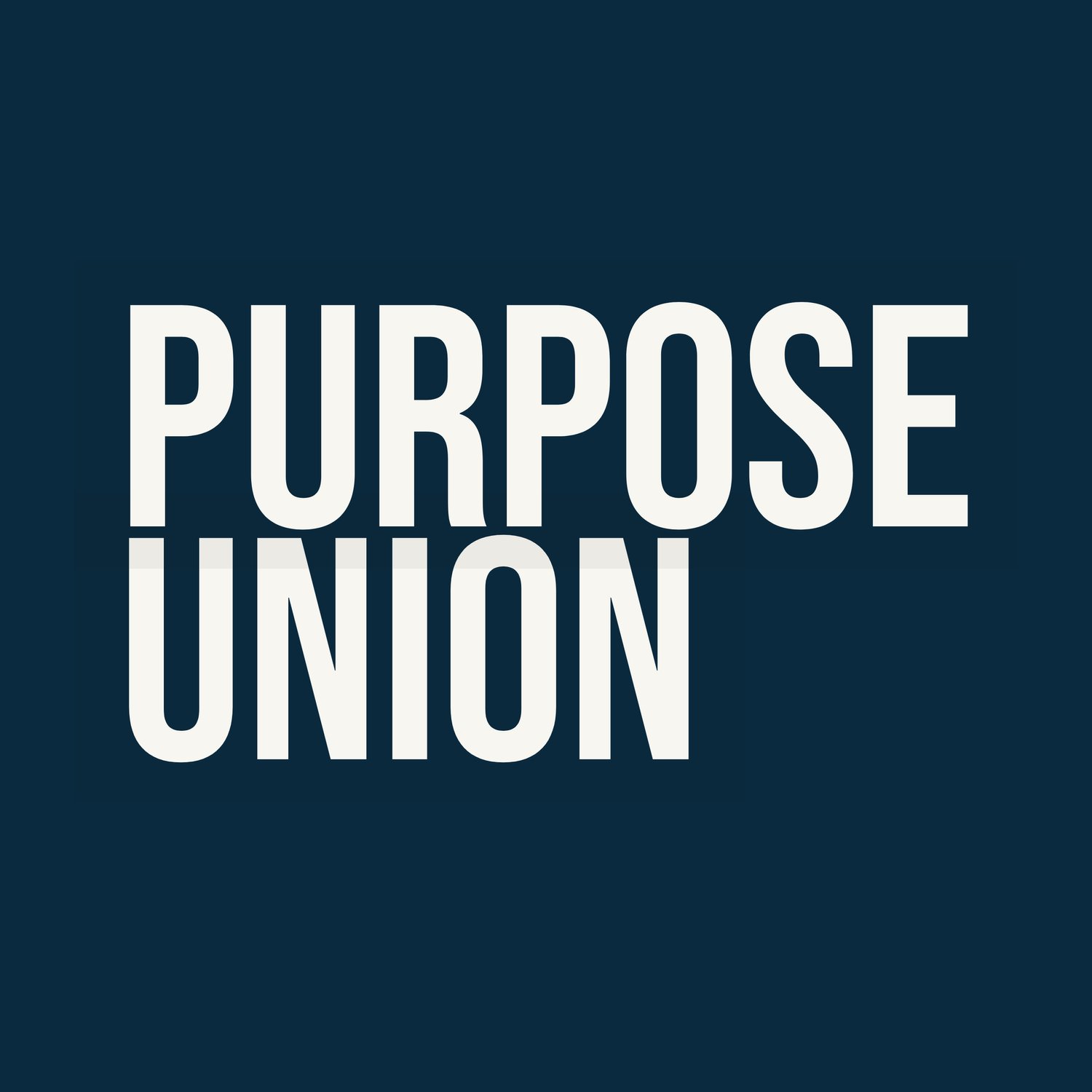Raising The Bar: Can New Standards Redefine What It Means To Be A B Corp?
Since its beginning, B Corps have been at the forefront of ethical business, with companies such as Ben & Jerry’s and Patagonia leading the charge. But, more recently, a number of controversial certifications have led to claims of greenwashing and a watering down of the movement. With the launch of the new standards, can these accusations be laid to rest?
Started in 2006 by three entrepreneurs, the B Corp movement was born from the simple idea that business can be a force for good. The vision was to create a new type of business that balanced purpose and profit, accountable not just to investors, but to workers, communities, and the environment.
The first company to be certified was UnTours, a socially responsible travel business. It was quickly joined by 18 other organisations in 2007, marking the launch of a new global movement. Since then, the B Corp movement has grown at an extraordinary rate; there are now over 9,500 certified B Corporations around the world, from over 100 countries and 160 industries.
Demand increased throughout the pandemic, with businesses recognising that their social and environmental impact isn’t just a reputation issue, but part of long-term resilience and success. Since 2020, B Lab has reported a 40% growth in certification applications. Here at Purpose Union, we achieved our B Corp status in the summer of 2023; something we are incredibly proud of. Since then, we’ve spoken at the B Corp Louder Than Words Festival and connected with B Corps from around the world. We also played a role alongside others like Douglas Lamont and Mary Portas in helping to develop B Lab UK’s Better Business Act campaign which now has over 3000 UK businesses calling for UK company law to be updated so that all businesses align their interests with those of wider society and the environment.
However, recent years have seen tough questions for B Corp.
In 2022, Nespresso was certified; a highly controversial move considering Nestle’s historical supply chain and environmental issues. BrewDog, the millennial brewery and pub chain, caused issues for the movement when an open letter from staff accused the company of a toxic workplace culture who were, at the time, an accredited B Corp. Other companies have faced scrutiny over supply chain practices, unethical business models, and environmental impact. Was the bar for accreditation set high enough? Or was B Corp slowly slipping into a dated accreditation to facilitate greenwashing?
Among this growing criticism, a number of companies have since walked away from the movement. Brands such as Scrumbles and Dr Bronner’s have chosen not to renew, among concerns that the certification has been compromised and diluted.
It was evident that something needed to change.
That is why the new B Corp standards, released in April 2025 after years of consultation and work, have sparked such a large response in the community.
These standards have moved from a flexible, points-based system to mandatory performance across seven impact areas, including climate action and human rights to governance and fair work.
This shift matters. Stronger standards signal a maturing of the movement; it answers critics by showing a renewed commitment to integrity and long-term impact. B Lab is reasserting the depth and seriousness of B Corp certification, and representing a critical evolution in what it means to be a responsible business today. It affects all areas of an organisation, not just areas the company focuses on.
But the work doesn’t stop here.
If B Corp is to deliver on its full potential as a force for systemic change, it must become not just robust, but recognised. At present, the B Corp logo is deeply meaningful within sustainability and corporate responsibility circles. Outside that bubble, however, consumer awareness remains low. And that presents a significant missed opportunity.
When people don’t know what the B stands for, they can’t act on it. They can’t choose B Corps at the shelf. They can’t reward companies that are going further. They can’t apply market pressure that encourages others to follow suit. In short, we lose the power of public engagement - the very mechanism that could help accelerate the shift to stakeholder-led business at scale.
Other ethical certifications have made that leap. Fairtrade, Organic, and FSC have built public recognition to the point where their logos shape decisions. B Corp now needs to do the same. It must become a cultural reference point, not just a corporate one.
To get there, B Lab and the B Corp community need to invest in visibility, not just verification. This means clearer messaging, unified campaigns, and public-facing storytelling that connects values to everyday choices. It means moving beyond compliance checklists to building real, emotional resonance with consumers, workers, and future business leaders.
This is where networks we build at Purpose Union - and the wider responsible business movement - can play a vital role. Not only in helping companies meet the new standards, but in ensuring those efforts are understood, celebrated, and visible in the world beyond sustainability forums.
If we get this right, B Corp can be more than a certification. It can be a signal - a shorthand for trust, impact, and better business. That’s how we turn compliance into cultural change. And that’s how we make business truly a force for good.
Looking to renew your certification or tell your B Corp story? Get in touch.
Article written by: Naomi Matioli, Head of Operations at Purpose Union, and Ellie Besley-Gould, Sustainability and Strategy Expert
